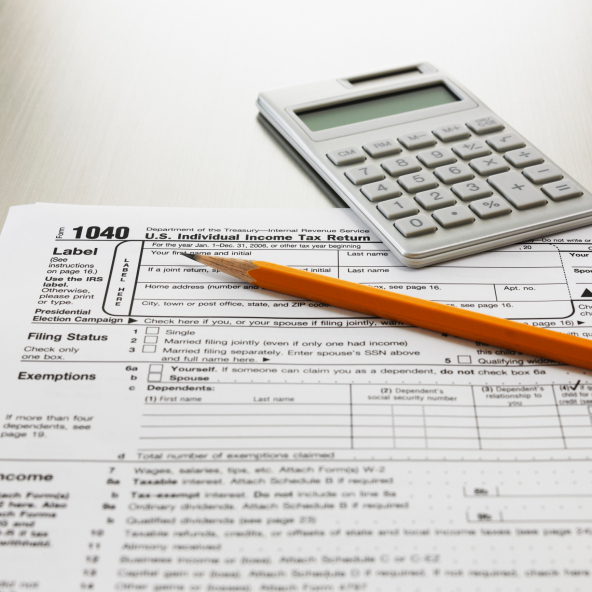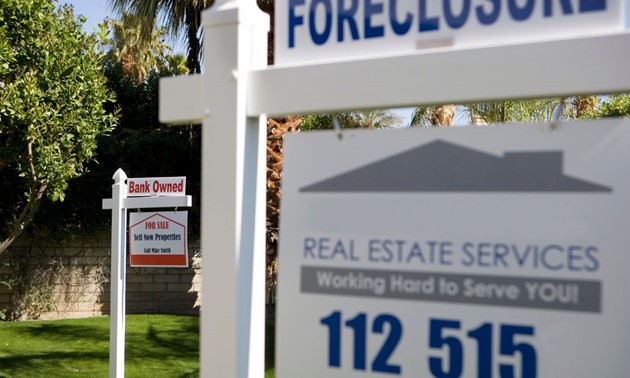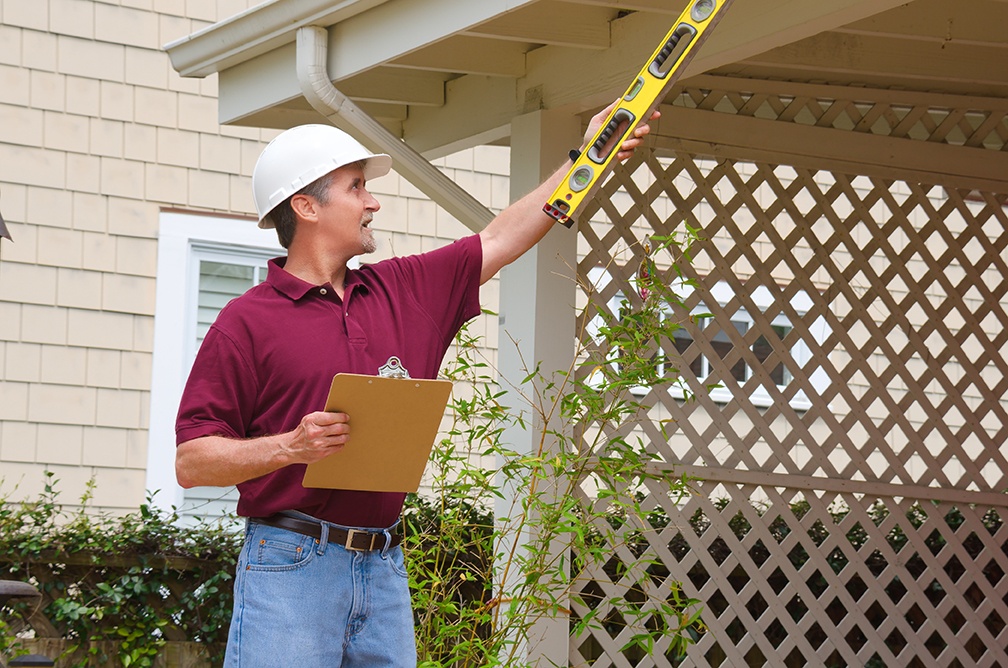10 Tips to Secure Your Home While You’re on Vacation
 A vacation is a time to relax and unwind, but it’s essential to ensure that your home remains safe while you’re away. Nobody wants to return from a fantastic trip to find their home has been broken into. With a few precautionary measures, you can significantly reduce the risk of your home becoming an easy target for theft. Here are ten tips to help secure your home while you’re on vacation:
A vacation is a time to relax and unwind, but it’s essential to ensure that your home remains safe while you’re away. Nobody wants to return from a fantastic trip to find their home has been broken into. With a few precautionary measures, you can significantly reduce the risk of your home becoming an easy target for theft. Here are ten tips to help secure your home while you’re on vacation:
Notify Trusted Neighbors or Friends: Let a few close neighbors or friends know about your travel plans. They can keep an eye on your property, pick up mail, and maintain a presence around your home, making it less appealing to potential burglars.
Secure All Entry Points: Lock all doors and windows securely before leaving. Consider reinforcing them with deadbolts, window locks, and security bars if necessary.
Install Motion-Activated Lights: Exterior lighting with motion sensors can startle intruders and alert neighbors. Install them near entrances and in areas that provide cover for potential thieves.
Timers for Lights and Electronics: Use timers to turn lights, radios, or TVs on and off at different times to create the illusion that someone is home. Smart home systems can also help you control your home’s lighting remotely.
Pause Mail and Newspaper Delivery: A pile of newspapers or an overflowing mailbox is a clear sign that nobody is home. Temporarily suspend mail and newspaper delivery or ask a neighbor to collect them for you.
Don’t Advertise Your Trip: Avoid posting about your vacation plans on social media until after your return. Broadcasting your absence can attract the wrong kind of attention.
Secure Your Valuables: Store valuable items, such as jewelry, important documents, and electronics, in a hidden or locked safe. This adds an extra layer of protection in case of a break-in.
Home Security System: Invest in a home security system, if possible. Many modern systems offer remote monitoring, so you can keep tabs on your home from your smartphone. Display signs or stickers to make potential burglars think twice.
Emergency Contact List: Provide a trusted neighbor or friend with your contact information in case of an emergency. Make sure they know how to reach you or someone close to you and leave them with a spare key.
Consider a Home-Sitter: If you have a friend or family member willing to stay at your house, this can be an effective way to deter potential burglars. A lived-in appearance is a strong security measure.
By following these tips, you can minimize the risk of your home becoming an easy target for theft while you’re on vacation. Remember that preparation is key, and a little extra effort in securing your home will allow you to enjoy your trip with peace of mind. It’s always better to be safe than sorry when it comes to protecting your home and belongings.

 Purchasing a home is one of the most significant financial investments one can make in one’s lifetime. However, beneath the glossy exterior of a prospective dream home lies a world of hidden issues that can have a profound impact on your investment.
Purchasing a home is one of the most significant financial investments one can make in one’s lifetime. However, beneath the glossy exterior of a prospective dream home lies a world of hidden issues that can have a profound impact on your investment. With all of the expense that can go into buying and selling a home, it’s good to be aware of what you can claim and how a home can benefit you come tax time. When the New Year rolls around and you’re sitting down to the task of completing your taxes, here are a few things that you’ll want to keep in mind.
With all of the expense that can go into buying and selling a home, it’s good to be aware of what you can claim and how a home can benefit you come tax time. When the New Year rolls around and you’re sitting down to the task of completing your taxes, here are a few things that you’ll want to keep in mind. Foreclosed properties have long been considered attractive investment opportunities for real estate enthusiasts. These properties, acquired by banks or other lending institutions due to mortgage default, can often be purchased at below-market prices. However, along with the potential rewards come unique challenges that buyers must navigate.
Foreclosed properties have long been considered attractive investment opportunities for real estate enthusiasts. These properties, acquired by banks or other lending institutions due to mortgage default, can often be purchased at below-market prices. However, along with the potential rewards come unique challenges that buyers must navigate. Buying a new home is an exciting and significant milestone in anyone’s life. However, it’s essential to approach the homebuying process with caution and thoroughness to ensure that you’re making a sound investment. One crucial step in the homebuying journey is the home inspection. A home inspection is a comprehensive evaluation of a property’s condition, aiming to uncover any potential issues or concerns that could affect its value or safety. Below are some tips to remember when navigating a home inspection.
Buying a new home is an exciting and significant milestone in anyone’s life. However, it’s essential to approach the homebuying process with caution and thoroughness to ensure that you’re making a sound investment. One crucial step in the homebuying journey is the home inspection. A home inspection is a comprehensive evaluation of a property’s condition, aiming to uncover any potential issues or concerns that could affect its value or safety. Below are some tips to remember when navigating a home inspection.